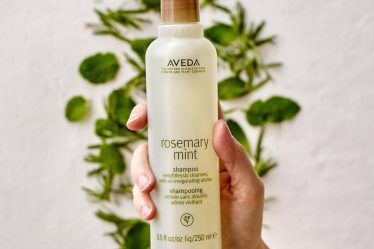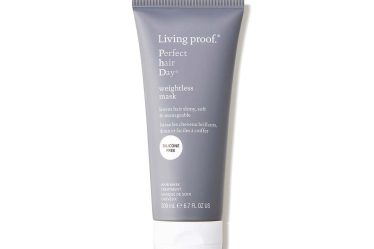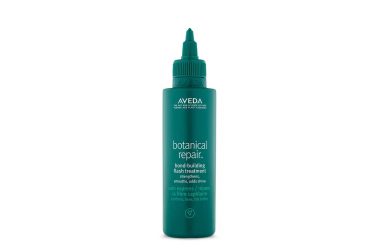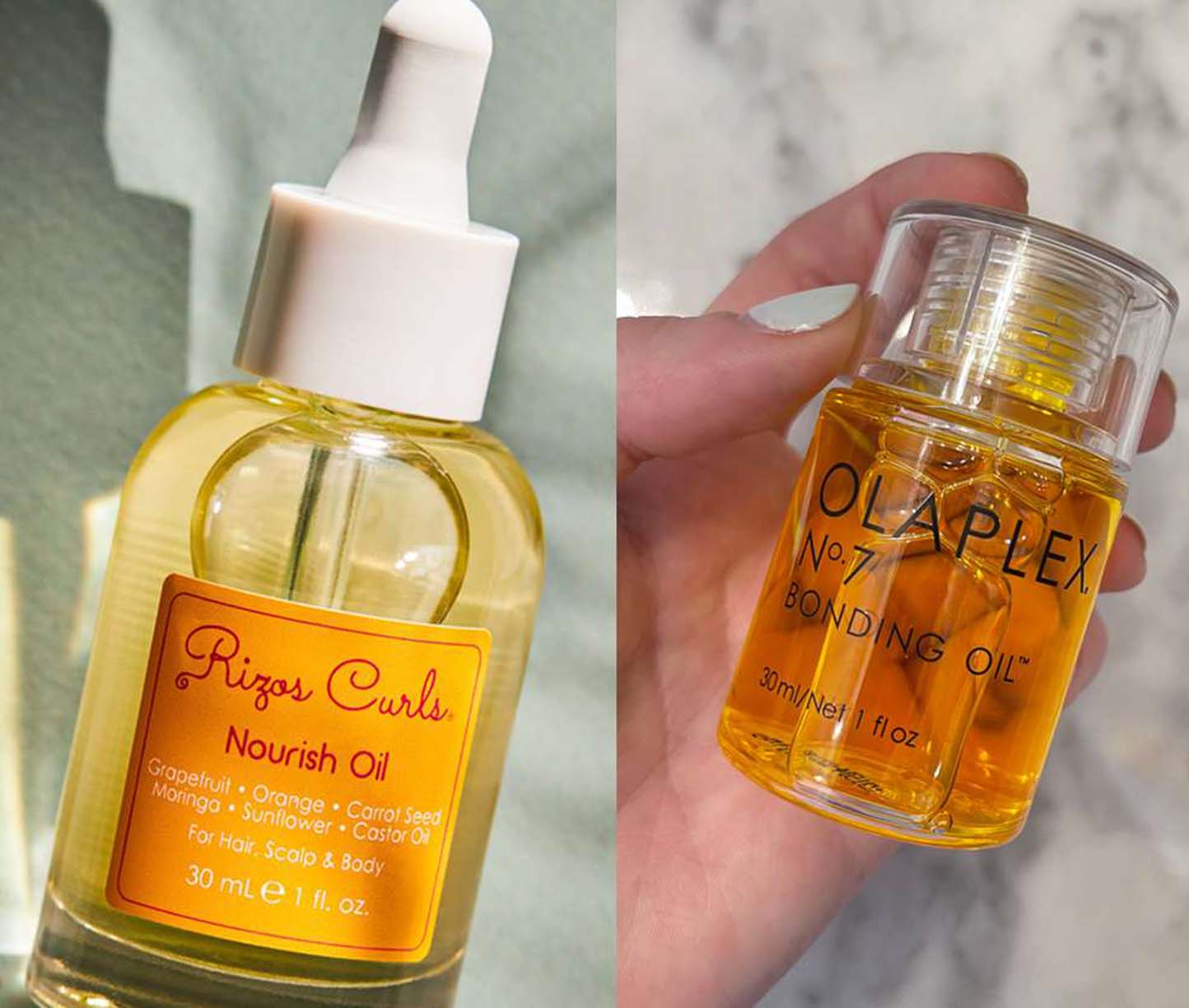
When it comes to maintaining healthy and luscious hair, natural oils are some of the most versatile and effective remedies available. Each oil is unique, packed with nutrients and benefits tailored to different hair types and needs. Whether you’re combating dryness, breakage, frizz, or hair loss, incorporating the right natural oil into your routine can be transformative. In this guide, we’ll dive deep into the world of natural oils, helping you choose the best one for your hair care goals.
Why Use Natural Oils for Hair Care?
Natural oils are rich in vitamins, fatty acids, and antioxidants that nourish the scalp and hair. Unlike many synthetic products, they don’t contain harmful chemicals that can strip your hair of its natural moisture. Here are some key benefits:
- Moisturization: Oils lock in moisture, preventing dryness and breakage.
- Scalp Health: They improve blood circulation and combat dandruff.
- Hair Strength: Regular use can reduce split ends and increase elasticity.
- Natural Shine: Oils enhance the natural sheen of your hair.
- Growth Stimulation: Certain oils promote faster and thicker hair growth.
Choosing the Right Natural Oil for Your Hair
Here’s a detailed breakdown of some of the most popular natural oils and their unique benefits:
1. Coconut Oil
- Best For: Dry, damaged, or frizzy hair.
- Nutrients: Contains lauric acid, a fatty acid that penetrates deeply into the hair shaft.
- Benefits:
- Repairs and strengthens damaged hair.
- Reduces protein loss, especially after washing.
- Prevents frizz and adds softness.
- How to Use: Warm the oil slightly before applying it to your scalp and hair. Leave it on for 30 minutes or overnight as a deep-conditioning treatment.
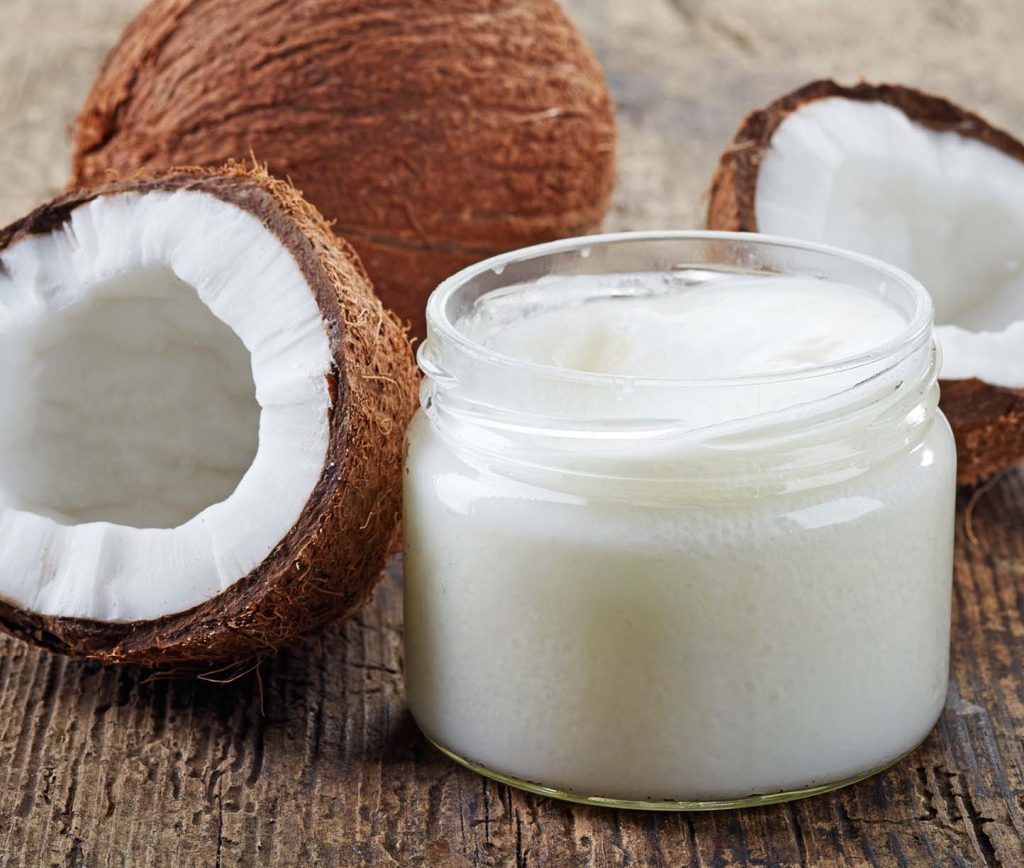
2. Argan Oil
- Best For: Frizzy or color-treated hair.
- Nutrients: Packed with vitamin E, antioxidants, and essential fatty acids.
- Benefits:
- Protects hair from heat styling and UV damage.
- Smoothens frizz and adds a luxurious shine.
- Hydrates without leaving hair greasy.
- How to Use: Use a few drops as a leave-in conditioner on damp hair or as a finishing oil for shine.
3. Jojoba Oil
- Best For: Oily or sensitive scalps.
- Nutrients: Rich in vitamins E and B-complex, along with zinc.
- Benefits:
- Mimics the natural sebum of the scalp, balancing oil production.
- Hydrates hair without clogging pores.
- Soothes scalp irritation and promotes hair growth.
- How to Use: Massage into the scalp to moisturize and balance oil levels.
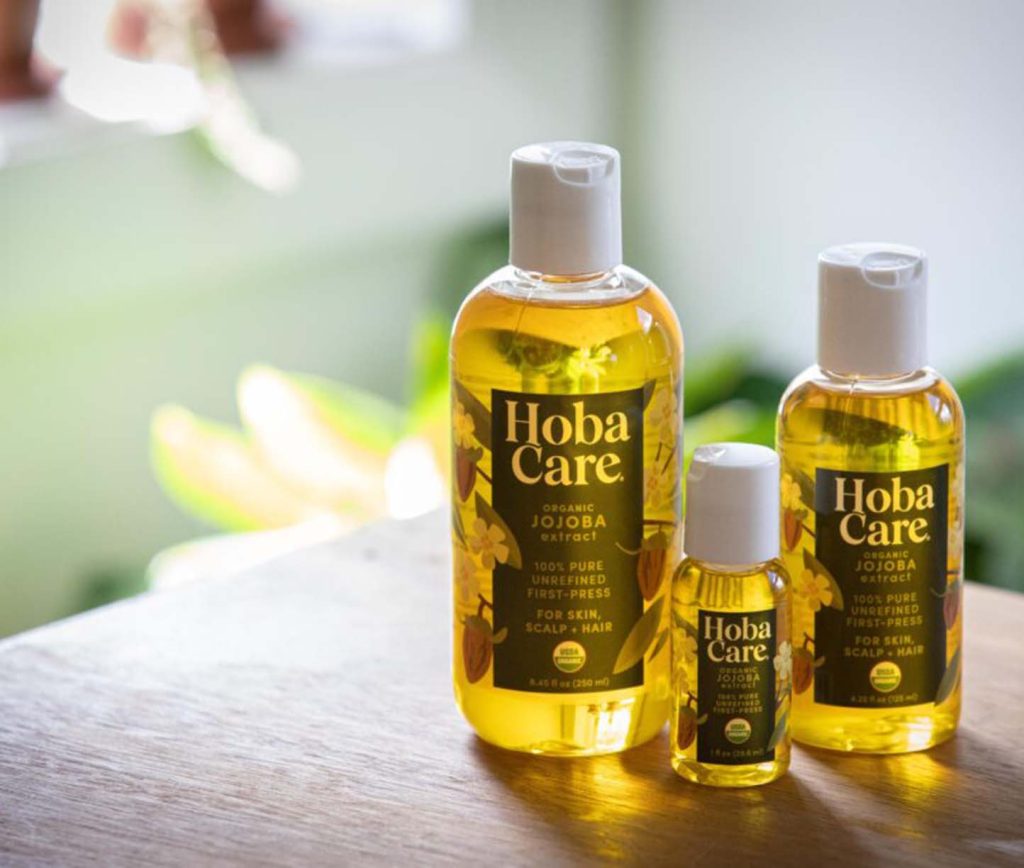
4. Castor Oil
- Best For: Thinning hair or hair growth.
- Nutrients: Contains ricinoleic acid, omega-6 fatty acids, and proteins.
- Benefits:
- Stimulates blood circulation to the scalp, encouraging growth.
- Thickens hair strands over time.
- Treats dandruff and flaky scalp issues.
- How to Use: Apply to the scalp and roots, focusing on problem areas. Use once or twice a week for best results.
5. Olive Oil
- Best For: Dry and brittle hair.
- Nutrients: Packed with antioxidants, vitamins A and E, and healthy fats.
- Benefits:
- Deeply conditions and softens hair.
- Protects against environmental damage.
- Helps reduce split ends and frizz.
- How to Use: Use as a pre-shampoo treatment or mix with your conditioner for added hydration.
6. Almond Oil
- Best For: Weak or damaged hair.
- Nutrients: High in vitamin E, magnesium, and omega-9 fatty acids.
- Benefits:
- Strengthens hair and reduces breakage.
- Improves hair texture and shine.
- Treats scalp inflammation and dryness.
- How to Use: Massage into the scalp or apply to the ends of your hair to prevent split ends.
7. Grapeseed Oil
- Best For: Fine hair prone to greasiness.
- Nutrients: Light oil rich in linoleic acid and vitamin E.
- Benefits:
- Adds moisture without weighing down hair.
- Strengthens weak strands.
- Reduces dandruff and promotes scalp health.
- How to Use: Use a few drops as a lightweight leave-in conditioner.
8. Tea Tree Oil
- Best For: Oily or dandruff-prone scalp.
- Nutrients: Contains antimicrobial and antifungal properties.
- Benefits:
- Clears clogged hair follicles.
- Reduces dandruff and itchiness.
- Balances scalp oil production.
- How to Use: Mix a few drops with a carrier oil like coconut or jojoba before applying to the scalp.
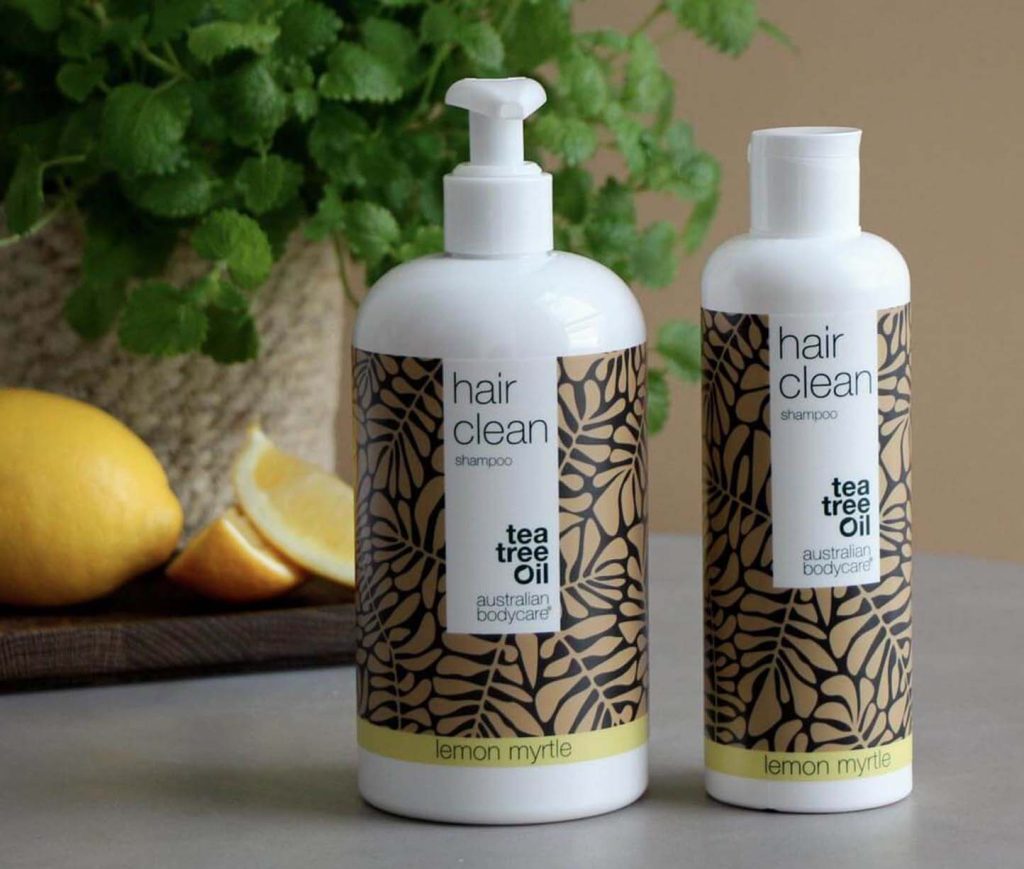
9. Avocado Oil
- Best For: Extremely dry or curly hair.
- Nutrients: High in oleic acid, biotin, and vitamins A, D, and E.
- Benefits:
- Deeply penetrates the hair shaft for intense hydration.
- Improves elasticity and reduces breakage.
- Protects hair from heat and environmental stress.
- How to Use: Use as a hair mask or mix with other oils for a customized treatment.
How to Incorporate Natural Oils into Your Routine
- Scalp Massage: Regularly massaging oil into your scalp improves blood flow and promotes healthy hair growth.
- Pre-Shampoo Treatment: Applying oil before washing protects your hair from the drying effects of shampoo.
- Overnight Masks: Leave the oil in your hair overnight for deep hydration.
- Styling Aid: Use a small amount to tame frizz or add shine to styled hair.
- Mix with Conditioner: Enhance your conditioner’s hydrating properties by adding a few drops of oil.
Tips for Choosing the Right Oil
- Understand Your Hair Type: Fine hair benefits from lightweight oils like grapeseed, while coarse or curly hair thrives with heavier oils like coconut or avocado.
- Test for Allergies: Always do a patch test to ensure you don’t react to the oil.
- Use High-Quality Products: Opt for cold-pressed, organic oils for maximum benefits.
- Less is More: Start with a small amount and add more if needed to avoid greasiness.
Natural oils are a game-changer for hair care, offering a personalized and chemical-free solution for a wide range of hair concerns. By understanding your hair’s needs and selecting the right oil, you can achieve healthy, shiny, and strong locks. Experiment with different oils and techniques to discover what works best for you.
